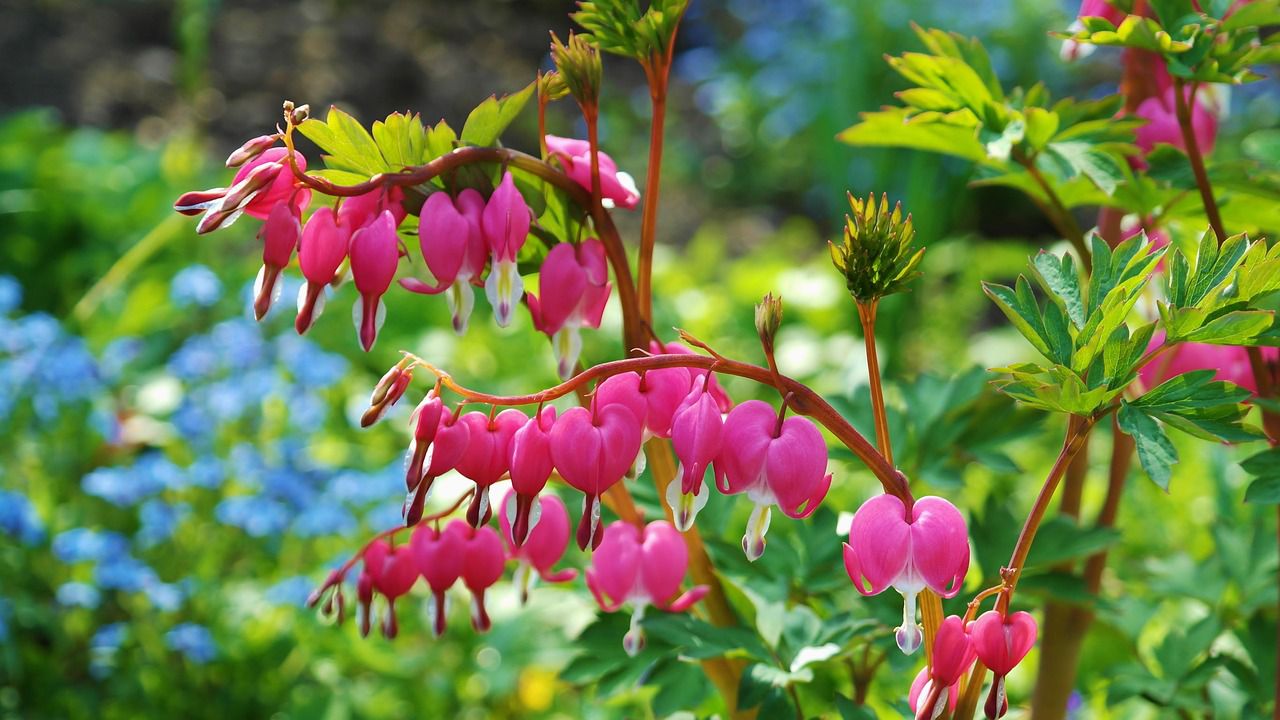Have you ever seen gardens that once were beautiful and just need a bit of human touch to shine again?
Reviving a forsaken garden can be a rewarding project, although it may require some time, effort, and patience.
Here are steps you can take to bring life back to a neglected garden.

Clearing and Cleaning
Start by removing weeds, dead plants, debris, and any other unwanted materials.
Trim overgrown plants and trees, and cut back dead or diseased growth.
This will help improve the overall appearance and health of the garden.
Soil Improvement
Test the soil to determine its pH and nutrient levels.
Amend the soil as needed based on the results.
Add compost or organic matter to improve soil structure, drainage, and nutrient content.
Plant Selection
Choose plants that are well-suited to the climate, light conditions, and soil type of your garden.
Consider incorporating a mix of perennial plants (those that come back year after year) and annuals (those that complete their lifecycle within a year).
Opt for native plants if possible, as they are generally well-adapted to the local environment and require less maintenance.
Planting and Mulching
Plant your chosen plants based on their spacing and planting instructions.
Ensure they have adequate space to grow.
Apply a layer of mulch around plants to help retain moisture, suppress weeds, and improve soil temperature regulation.
Watering and Maintenance
Establish a watering schedule that suits the needs of the plants and the climate.
Be mindful not to overwater or underwater.
Regularly inspect the garden for signs of pests, diseases, or other issues that may require intervention.
Prune plants as needed to encourage healthy growth and maintain a tidy appearance.













